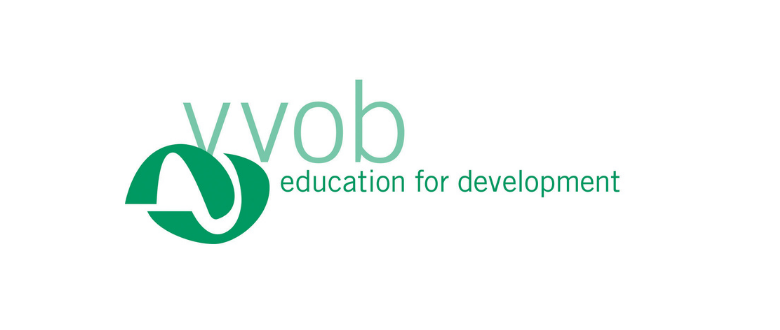
Abstract
To ensure quality teaching, teachers require continuous professional teacher development (CPTD) opportunities. In South Africa, CPTD faces many challenges however, including most notably budget constraints. Because they have been found to be cost-effective, Professional Learning Communities (PLCs) could constitute a promising way forward in the country. In a PLC, classroom teachers, school managers and/or subject advisors come together to collectively determine their CPTD needs and to set up activities that can help them meeting those needs. Hence, PLCs are needs-based driven and stimulate collaborative learning – characteristics of effective CPTD. In 2017-2018, the South African Department of Basic Education initiated 12 inter-school pilot PLCs among teachers of grade 1 to 6 in the provinces of Free State, North West and the Northern Cape. In this paper, we examine participating teachers’ perceptions of the effectiveness of these PLCs, drawing on focus group discussions and chat box stories, and triangulate their impressions with PLC observations. We find that teachers perceive PLCs to be effective when they are (1) needs-driven, (2) supported by the school management, (3) skillfully facilitated, (4) based on mutual trust and respect, (5) regularly guided by input from external experts and (6) when participating teachers share a sense of collective responsibility for student learning. Promisingly, results also indicate that participation in PLCs increases collaboration among teachers.
Authors
- Loran Pieck (VVOB – education for development)
- Juliet Williamson (VVOB – education for development)
- Prof. Dr. Katja Petry (KU Leuven)
- Dr. Line Kuppens (VVOB – education for development)
- Bernard Bushe (SACE - South African Council for Educators)




